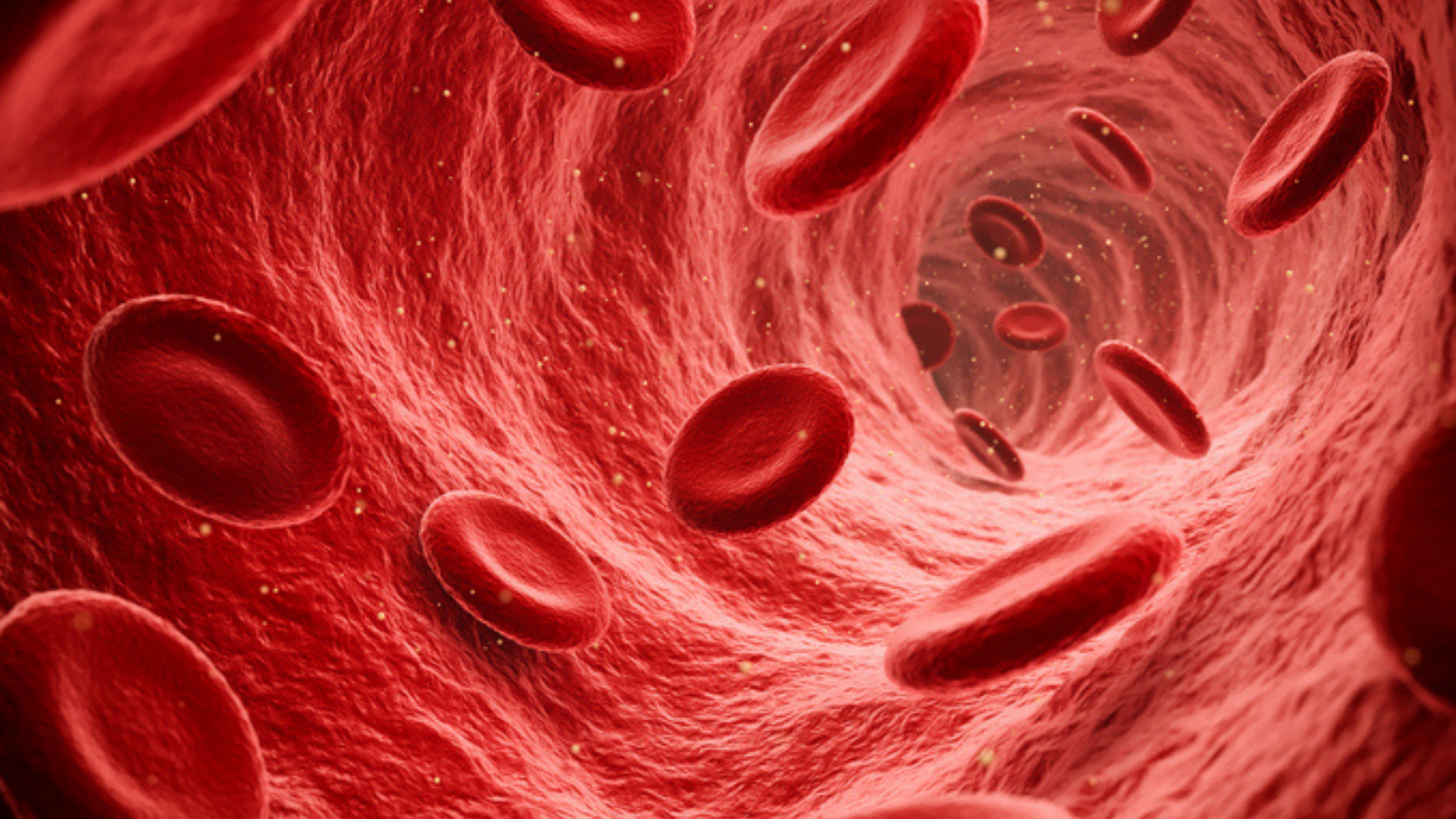Resveratrol, a compound found in red wine, grapes, and certain berries, has been widely touted for its potential health benefits, including claims that it can thin the blood. This idea is rooted in the broader belief that resveratrol mimics some effects of caloric restriction, which is known to enhance cardiovascular health. But does resveratrol really act as a blood thinner? Let's explore the science behind this popular notion.
What is Resveratrol?
Resveratrol is a polyphenolic compound primarily found in the skins of red grapes, berries, and peanuts. It gained popularity after studies suggested that it could contribute to the "French Paradox" – the observation that French people have a relatively low incidence of heart disease despite a diet rich in saturated fats, potentially due to their consumption of red wine (R).
Blood Thinning and Cardiovascular Health
Blood thinners, or anticoagulants, prevent blood clots from forming, reducing the risk of stroke and heart attack. Common blood thinners include medications like aspirin, warfarin, and heparin. They work by inhibiting various pathways in the clotting process (R).
The Science Behind Resveratrol and Blood Thinning
Several studies have investigated the effects of resveratrol on cardiovascular health. Resveratrol is known to exhibit anti-inflammatory and antioxidant properties, which can contribute to heart health by reducing oxidative stress and inflammation in blood vessels. However, its role as a blood thinner is more complex and less clear-cut (R).
- Platelet Aggregation: Some studies have shown that resveratrol can inhibit platelet aggregation, a crucial step in blood clot formation. Platelets are cell fragments that clump together to form clots, and by preventing this aggregation, resveratrol may help reduce clot formation (R).
- Vasodilation: Resveratrol has been found to promote the production of nitric oxide, a molecule that helps relax and dilate blood vessels. This can improve blood flow and reduce blood pressure, indirectly contributing to cardiovascular health (R).
- Antioxidant Effects: By scavenging free radicals and reducing oxidative stress, resveratrol may help maintain the integrity of blood vessels, which can prevent the conditions that lead to clot formation (R).
Clinical Evidence and Limitations
While laboratory studies and animal research provide some evidence that resveratrol might have blood-thinning properties, human studies are less conclusive. The dosages of resveratrol used in studies often far exceed what a person would typically consume through diet or supplements.
Practical Implications
Given the current evidence, it is premature to consider resveratrol a reliable blood thinner. Its potential benefits for heart health are more likely due to its anti-inflammatory and antioxidant properties rather than any significant anticoagulant effect. People seeking blood-thinning effects should rely on well-established medications and consult healthcare professionals rather than depending on resveratrol supplements.
Conclusion
The idea that resveratrol can thin the blood is rooted in some scientific evidence but remains a myth in practical terms. While resveratrol has several health benefits and contributes to cardiovascular wellness, it should not be relied upon as a blood thinner. Future research may provide more insights, but for now, traditional anticoagulants remain the trusted option for blood thinning.
By staying informed and consulting with healthcare providers, individuals can make better choices about using supplements like resveratrol in their health regimen.
To explore AgeMate's range of Resveratrol Supplements click here.





